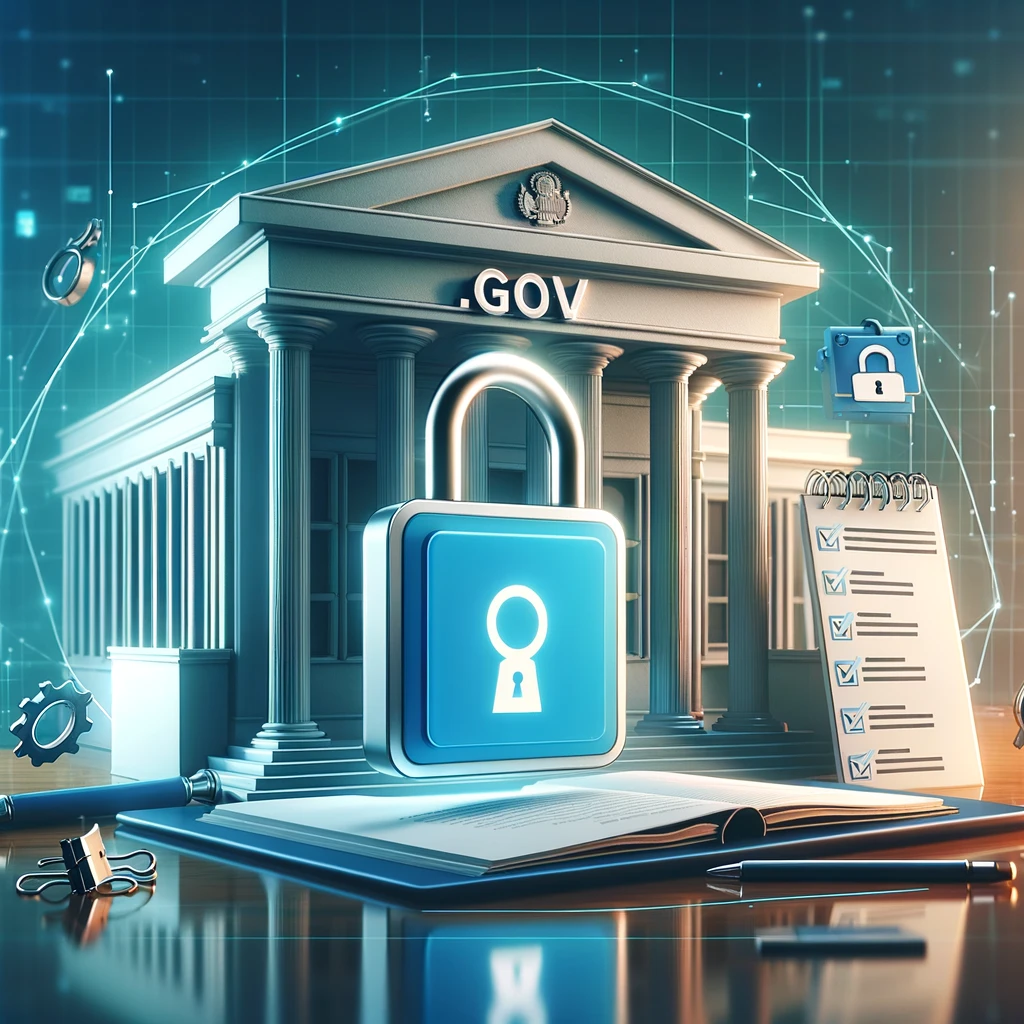Within the expansive realm of the internet, domain names play a crucial role in identifying entities and organizations. Among these, the .gov domain stands out for its prestigious association with government entities. However, the exclusivity of this domain often raises questions about its accessibility. This comprehensive guide aims to unravel the process and eligibility criteria for obtaining a .gov domain and email, offering valuable insights for individuals and organizations interested in this esteemed online presence.
The .gov domain is a top-level domain (TLD) specifically reserved for government entities in the United States. Unlike generic top-level domains (gTLDs) such as .com, .org, or .net, the .gov domain is closely regulated and managed by the General Services Administration (GSA), a federal agency. Its primary objective is to provide a distinct and secure online identity for federal, state, local, and tribal government operations.
Eligibility Criteria
Federal Government
Obtaining a .gov domain for federal agencies is a straightforward process, as they automatically qualify for the domain. These agencies are required to submit an application through the appropriate channels within the GSA, showcasing their federal status.
State and Local Government
State, local, and tribal governments are also eligible for a .gov domain. The application process involves submitting a request that includes authorization from a senior official within the government entity. This ensures that the domain is being requested for official government purposes and not for personal or unrelated reasons.
Educational Institutions
While most educational institutions typically utilize the .edu domain, certain public K-12 schools and districts may be eligible for a .gov domain if they are considered part of the local government. However, this eligibility is less common and subject to specific criteria and justification.
The Application Process
-
Authorization: The initial step involves obtaining authorization from a senior official within the government entity. This includes preparing a formal request outlining the purpose and necessity of the .gov domain.
-
Documentation: Applicants must collect and submit all required documentation, including evidence of government status, authorization letters, and any other documents needed by the GSA.
-
Submission: The completed application and documentation are submitted to the GSA for review. The submission process may vary slightly depending on whether the entity is federal, state, local, or tribal.
-
Review: The GSA assesses the application to ensure compliance with the eligibility criteria. This review process may involve seeking clarification or additional information from the applicant.
-
Approval and Registration: Following approval, the entity is notified, and the domain is officially registered. The GSA provides guidelines on setting up and managing the .gov domain and associated email addresses.
Limitations and Considerations
-
Exclusivity: The .gov domain is exclusively reserved for governmental entities. Private businesses, individuals, and non-governmental organizations are ineligible for this domain.
-
Verification Process: The application process includes a stringent verification procedure to ensure that the domain is only granted to legitimate government entities.
-
Cost: While there may be some associated costs with obtaining a .gov domain, the primary barrier is meeting the eligibility criteria rather than financial expenses.
The .gov domain serves as a symbol of credibility and authenticity for government entities, offering a secure and distinguished online presence. However, acquiring this domain is restricted to eligible government entities through a rigorous application process overseen by the GSA. For qualifying entities, a .gov domain and email address not only enhance the visibility and trustworthiness of their digital communications but also establish their presence in the official digital realm of government operations.




